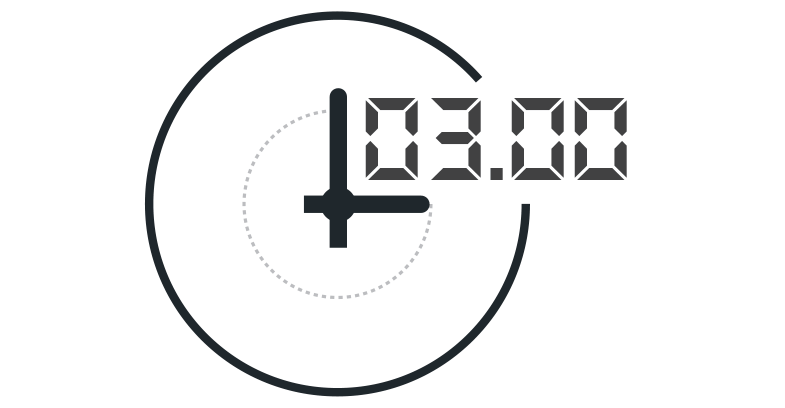
One of the hardest things for freelancers to do is come up with a pricing strategy that is not only profitable for them, but is also a testament to their skills and experience. There are many freelance programmers who undercharge their clients, and are therefore either taken advantage of, or they have to work an insane number of hours to ensure that they can survive.
If you find yourself in such a position, or if you are thinking about leaving formal employment to become a freelancer, there are a number of things that you need to know in order to make the most out of your decision. When you are choosing a pricing strategy, it is important to remember that it is not only about the money that you will be making, but also the quality of life that you would like for yourself.
Hourly Rate

Most freelancers will start off by charging an hourly rate, which does work with some projects, but not with all of them. This is because, a lot of the time, the hourly rate will involve an estimate of the amount of time that the project will take to complete. In addition, as your experience grows, and the prices increase, you will realize that many clients do not really care about how long the project takes, as long as it is done well.
For instance, if you charge $50 an hour for a project that takes you four hours to complete, you will only be paid $200. However, you may have done such a good job that even you may think that you deserve to be paid 10 times that for the work that you have done. Unfortunately, because you have already charged an hourly rate that is what you will be paid.
When you do your research later, you may find that there are many programmers out there who get paid thousands of dollars to do the exact same thing you did, which may seem unfair, but that is because many of those programmers charge their clients based on the project they are doing, not on the amount of time it will take.
Project-Based Charges

Should you decide to charge clients depending on the project that you are carrying out, you justify your charges by the end result that the client expects, and not by the time it will take for you to produce those results. There are times when this may seem disadvantageous to you, especially when the project is a long and arduous one. However, in the long term, this is one of the best ways to conduct your business, especially if you have built up experience and a reputation for exemplary work.
By emphasizing the fact that the quality you are offering your clients is good value for money, you will be able to charge higher fees, while still maintaining manageable work hours that will leave you free to do other things. However, if you would like to start billing your clients on a project basis, you are going to have to come up with a pricing point for these projects.
Determining your pricing points

When it comes to this stage, many freelancers make some elementary, yet expensive mistakes that usually cost them time and money. For instance, many programmers will begin by estimating how long the project will take to complete, add a couple of hours to provide themselves with a buffer just in case something goes wrong, and then apply their hourly charges to get their final quotation.
Not only is this the wrong way to go, it could seriously backfire, especially if the scope of the projects proves to be larger than you originally thought. In addition, this method puts you are more risk, especially if the project takes you longer than expected.
Another thing that many programmers do is copy their competition’s pricing. This may seem like a good idea, as you will basically be charging market prices. However, this may not be such a good idea, especially if the market price is very low due to increased competition.
The best thing to do when you are trying to determine your pricing points is to consider certain criteria including:
1. Do you like this client?
This may seem like a ridiculous thing to base your prices on but it is very important. If you like your client and the work that you get from them, then you will enjoy doing it, and it will not seem like so much work anymore. However, if you do not like the client, or the work is not enjoyable, then you are justified to increase your price to compensate for the lack of enjoyment.
2. How much is the client willing to pay?
In addition to determining whether you like the client or not, you will also need to think about how much they will be willing to pay. There are times when you will get a large corporate entity with seemingly endless funds who are willing to pay you anything to get a good job done. However, there are also times that you will have a startup company or maybe even a private individual that needs some work done, and you will have to give them a quotation with their limited budget in mind.
Conclusion: –
At the end of the day, you must realize one thing, there is no set formula to how to price your work. Many programmers just guess the value of the project within reason, and hope that the client accepts the quotation. There are other programmers that choose a figure in their heads that they can quote with a straight face, and double that, knowing that the final negotiations may bring the price down, but it will still be more than what they could have hoped for.
Whatever you choose to do, remember to keep these few tips in mind when you are developing your pricing strategy, so that you can get the most out of being a freelance programmer. You will be amazed with the results.

